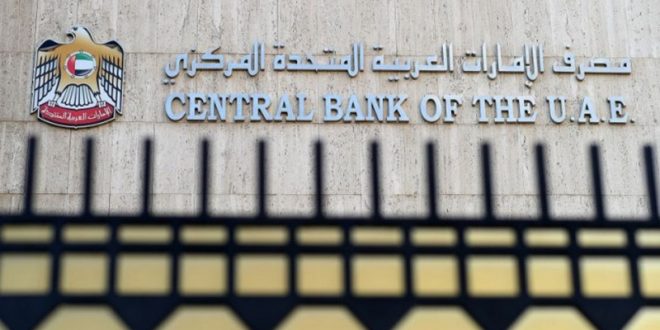The Board of Directors of the Central Bank of the UAE, CBUAE, recently held their first meeting this year under the chairmanship of Hareb Masood Al Darmaki, the Chairman of the Board.
The meeting was attended by Abdulrahman Saleh Al Saleh, Deputy Chairman of the Board and Mubarak Rashed Al Mansoori, the Governor, and Board members including; Younis Haji Al Khoori, Khaled Mohammed Salem Balama, Khalid Ahmad Al Tayer and Ali Mohammed Al Madawi Al Remeithi, Saif Hadef Al Shamsi, Deputy Governor and a group of senior CBUAE employees.
According to a press release issued by CBUAE on Monday, the Board discussed a presentation from the Monetary Management Department on the newly proposed Dirham Monetary Framework (inclusive of the Guidance Manual of the Monetary Bills Programme); and Board directed to implement the new framework as per the timeline approved in the roadmap and establish necessary steps to be followed to announce its implementation to the participants in the domestic market.
The Board also reviewed applications submitted by some financial institutions, and granted approvals to applications that met their respective requirements, along with tackling two regulations presented by the Regulatory Development Division of the Banking Supervision Department namely; the Loan Based Crowdfunding Regulation and major Acquisitions Regulation which the Board approved the new Regulations for issuance and publication in the Official Gazette.
Moreover, the Board reviewed two notes on the Quarterly Financial Surveillance Report and Quarterly Macro-Prudential Policy Stance Report, with focus on the role of Domestic Systemically Important Banks.
The Board took note of the reports presented by the Financial Stability Department and directed that the necessary measures be taken in this regard.
Also, the Board reviewed the External auditor’s report on the Central Bank’s financial statements as at 30th Sept. 2019.
Furthermore, it reviewed a report submitted by the Consumer Protection Department regarding regulations and standards based on consumer protection. The Board instructed consultation with the concerned stakeholders.
The Board completed the discussion of the remaining topics listed on its agenda, as well as other topics, and took appropriate decisions.
 UAE BARQ برق الإمارات – نبضك
UAE BARQ برق الإمارات – نبضك


